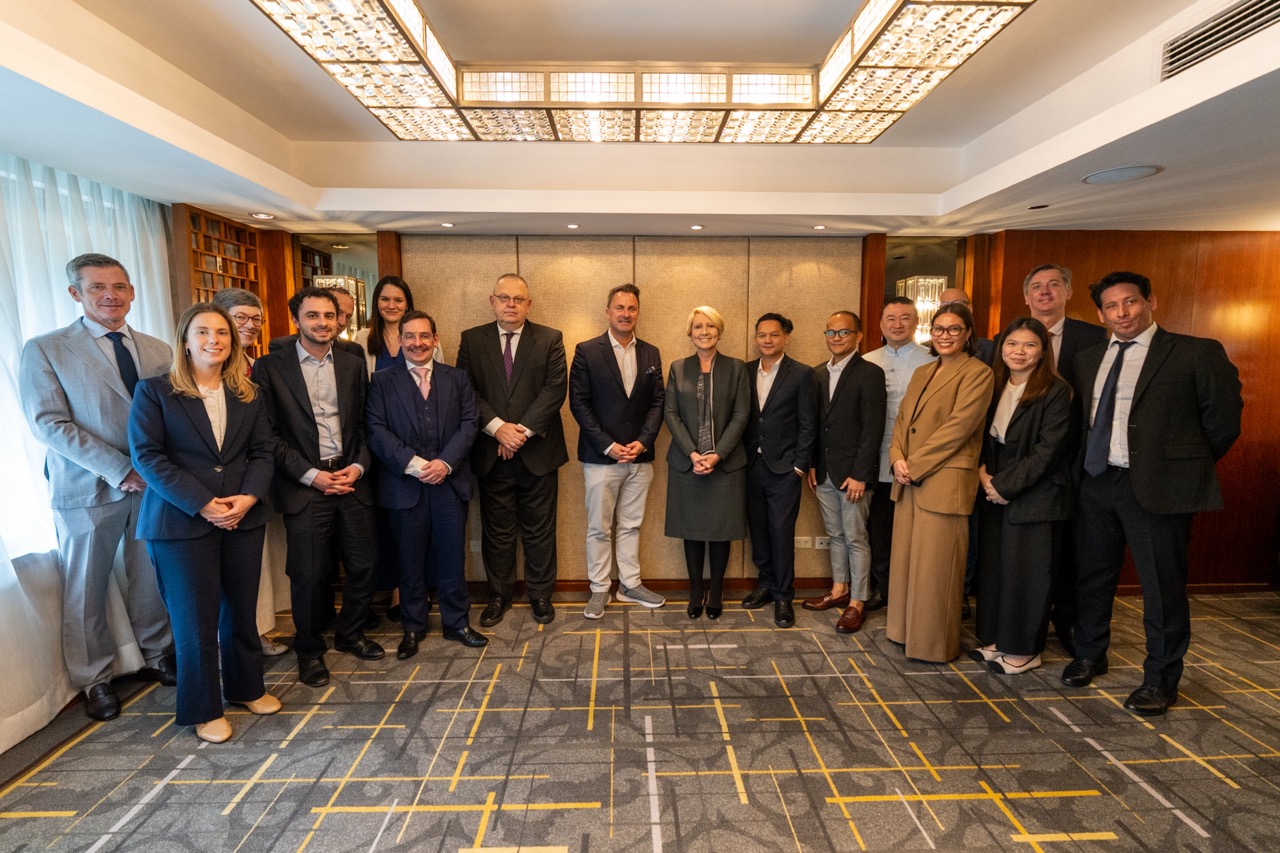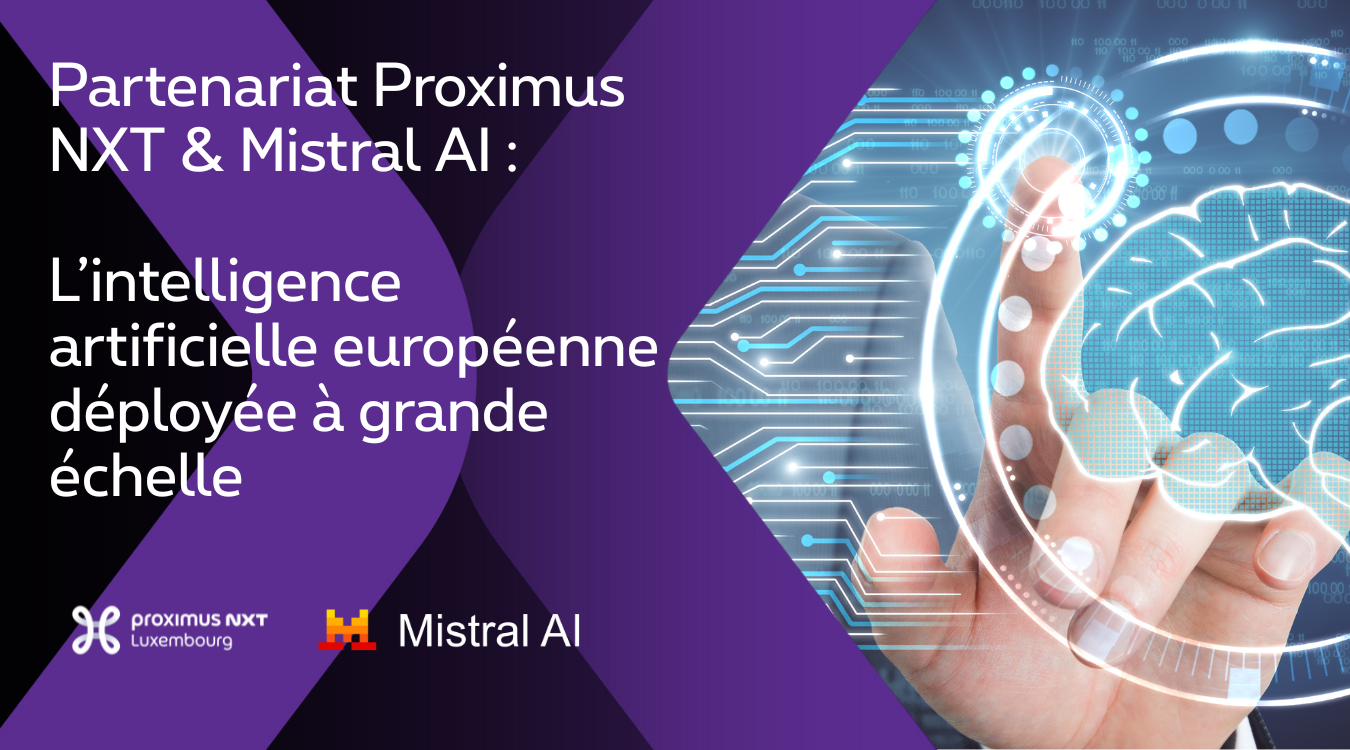In the 1980s, when the personal computer began its ascent into popular culture, ‘PC’ was still some way from being the ubiquitous term it is today. I remember that my first experience with a computer was at school, with a BBC Micro, part of a national computer literacy programme in the UK. My first home computer, the Amstrad CPC 464, came with a green screen monitor and a paltry 64KB of memory. In those days, software loaded from cassette tapes—a process that required great patience with 20+ minute load times.
The devices of my youth, the Commodore 64, the ZX Spectrum, the Atari, used predominantly to play games, were, in reality, portals to undiscovered realms of possibility. These machines required a dialogue to function—commands typed in BASIC, a conversation in code, quite far removed from the instant responses we’re accustomed to in today’s touch-screen world. Despite the raw nature of early computing, we rarely paused to ponder the miracles at our fingertips. The question of how a cluster of transistors and circuits animated pixels and programs seldom crossed our teenage minds, preoccupied as we were with the gaming wonders they delivered.
I am not reflecting on the evolution of technology as an exercise in nostalgia. More-so, I marvel at the breathtaking speed of innovation it reflects. We’ve gone from bulky, memory-constrained machines to pocket-sized powerhouses that are integral to every facet of modern life. The smartphone has transcended communication, morphing into an indispensable tool for business, learning, creativity, and connection.
From Simplicity to Sophistication
The journey from simplicity to the sophisticated realms of Fintech we navigate today is nothing short of extraordinary. The evolution has been rapid, with each decade leaping forward in capability and function. Now, Artificial Intelligence (AI) and Machine Learning (ML) will be the tools of transformation in financial services, the latest of the General Purpose Technologies, GPTs (not to be confused with the term Generative Pre-trained Transformers as popularized with ChatGPT), that have proliferated and driven civilization forward.
AI and ML herald a future where decisions are informed by data-driven insights, where risk management is predicted with precision, and personalized financial advice is accessible to all, regardless of wealth or location. The challenge we face is not just in advancing these technologies but in harnessing them responsibly and transparently. The ethical implementation of AI and ML in financial services isn’t a hurdle to overcome; it’s a path to walk with deliberate intent.
The integration of AI in finance stirs a mix of excitement and trepidation. The discourse around job losses, the displacement of traditional roles by algorithms and robots, sparks fear. This fear is not unwarranted, but history teaches us that each technological leap, while closing doors, opens new possibilities. It’s in the DNA of human progress to evolve, to adapt. Embracing AI and ML is about empowering ourselves with tools that enhance our capabilities and free us to pursue more creative and strategic endeavors.
To quote John F. Kennedy ; “But Goethe tells us in his greatest poem that Faust lost the liberty of his soul when he said to the passing moment: ‘Stay, thou art so fair.’ And our liberty, too, is endangered if we pause for the passing moment, if we rest on our achievements, if we resist the pace of progress. For time and the world do not stand still. Change is the law of life. And those who look only to the past or the present are certain to miss the future.” This sentiment rings profoundly true as we navigate the wave of financial innovation.
Embracing Change: AI and ML as the Future of Financial Services
To resist change, to cling to the present out of comfort, is to risk obsolescence. The key to personal and collective prosperity lies in adapting and embracing the inevitable shifts that come with each new GPT. AI and ML are the future, laden with opportunities within the world of financial services for those that are willing to learn, to change, and to innovate.
VisiCalc, the first spreadsheet software, launched for the Apple II, was initially dismissed, resisted, and scorned. It became a harbinger of productivity, selling 700,000 copies within six years, a starling number in the early 1980s when computers were still a relatively rare sight in business. Can you imagine a traditional pen and paper accountant trying to compete with the speed, accuracy and efficiency of an accountant leveraging this dazzling tool? Who took the biggest risk; the one that resisted and stuck with the old ways, or the one that embraced the new technology?
AI and ML will drive the creation of a new economic fabric. These tools will define the essence of how we perceive, interact with, and manage our financial realities.
Our task is to steer this transformation with a considered hand. The ethical quandaries of AI and ML—bias, privacy, decision transparency—must be tackled with a robust framework that places humanity at its core. Critically, we must forge strategies to re-skill and up-skill the workforce to navigate this new landscape, ensuring that no one is left behind as we progress forwards.
It will require a collective commitment to education, to policy-making, and to the kind of innovative thinking that considers not just the challenges and potential risks but the long-term benefits. Let us be the architects of a world where technology liberates, empowers, and unites. And let us never forget that in the grand tapestry of time, those who look ahead with a clear vision will be the ones who shape the future, not just witness it or worse still, let it pass by them. At the heart of every algorithm, every line of code, every innovation, there is human ingenuity. It is the power within us all, our curiosity, our drive, our determination, that fuels our advance.






